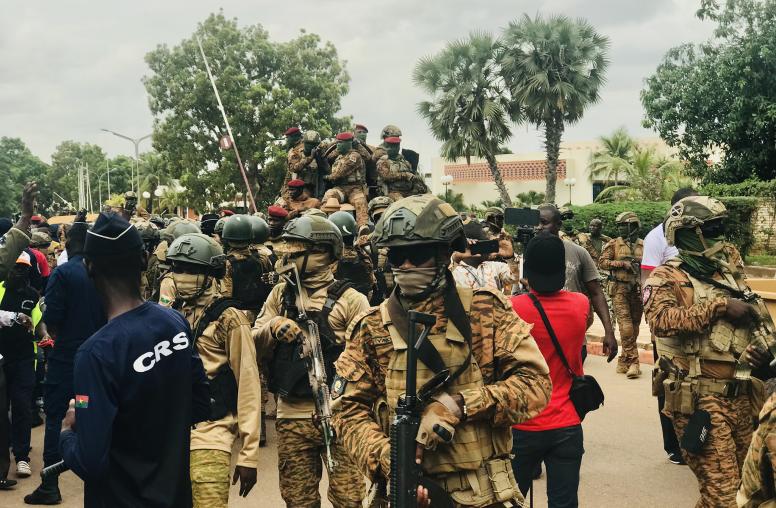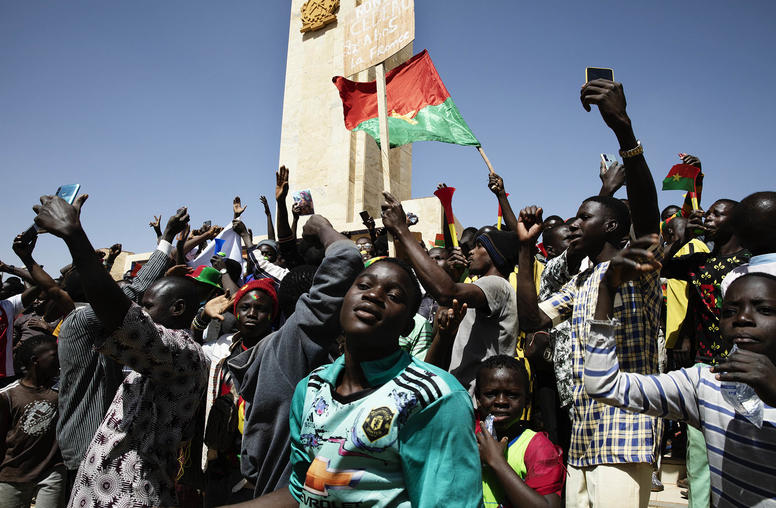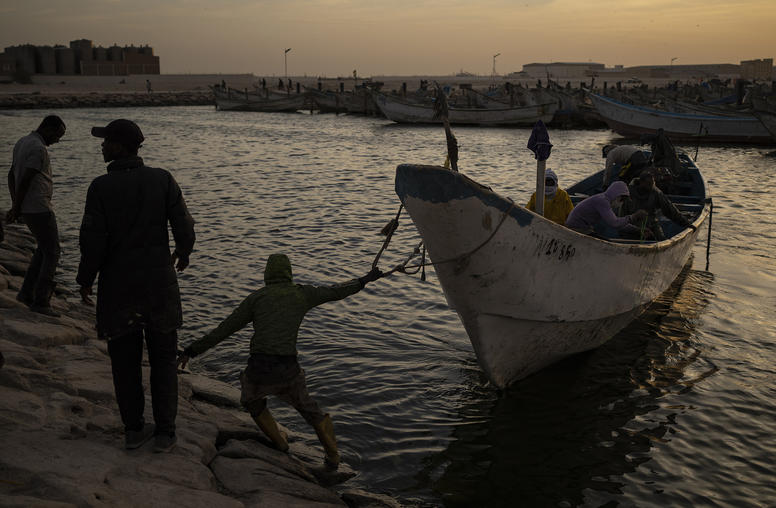Mali’s Precarious Democracy and the Causes of Conflict
The fight to defeat jihadist militias in northern Mali has masked the underlying countrywide political crisis that feeds the conflict, according to this new Special Report. By engaging in intercommunal, inclusive dialogue to address past governance failures, Mali can begin to move toward stability and legitimacy.
Summary
- Mali was recognized around the world as a free democracy when the March 2012 coup d’état toppled its president and its democratic reputation.
- The reality was that Malian democracy was fragile and shallow. The consensus politics of President Amadou Toumani Touré undermined the political opposition.
- Decentralization and dialogue were the hallmarks of democracy under President Alpha Oumar Konaré, Touré’s predecessor. The lack of commitment and follow-through with respect to decentralization illustrated the government’s lack of concern for improving local governance and accountability.
- Corruption was rampant, and illicit trafficking in northern Mali was growing. The political class was seen as uninterested in addressing the poverty and insecurity that were daily fixtures for most Malians.
- The government failed to follow through on peace agreements in the north, and the implementation of the Special Program for Peace, Security, and Development in northern Mali highlighted the divergent perspectives on security and the presence of the Malian state in the north. These factors contributed to the resurgence of a Tuareg rebellion in January 2012.
- The rapid dominance of militant Salafist groups in northern Mali and the implementation of sharia was unprecedented in this secular state, although religion in Mali had been gaining a greater presence in the public realm since liberalization in the early 1990s.
- Elections are necessary to help build democracy in Mali, but elections must be inclusive, held throughout the territory, and incorporate refugees and internally displaced peoples. Elections held too soon may merely bring about a precoup status quo.
- Intercommunal and inclusive dialogue must be at the heart of conflict resolution in Mali. The 1991 National Conference and the Espace d’interpellation démocratique are useful Malian models and initiatives that may help build a path to durable peace and democracy.
About the Report
This report seeks to explain the fragile nature of Malian democracy before the 2012 coup and the origins of the current crisis. Widespread corruption, resurgent violence in the north, and a growing illicit trade implicated state officials as the principal causes of state collapse. The Malian state had lost touch with the people, and its military was divided. Many Malians welcomed the military intervention, but a long-term solution must be found to build durable peace. The author would like to thank Andrew Lebovich and Jon Temin for comments on previous versions of this report and USIP for their support of this research.
About the Author
Susanna D. Wing is an associate professor of political science at Haverford College, where she is also coordinator of the African and Africana Studies Program. Wing wrote the award-winning book "Constructing Democracy in Africa: Mali in Transition" (New York: Palgrave, 2010). Wing has conducted research on Mali for twenty years, and her work has appeared in Foreign Affairs and other journals.



